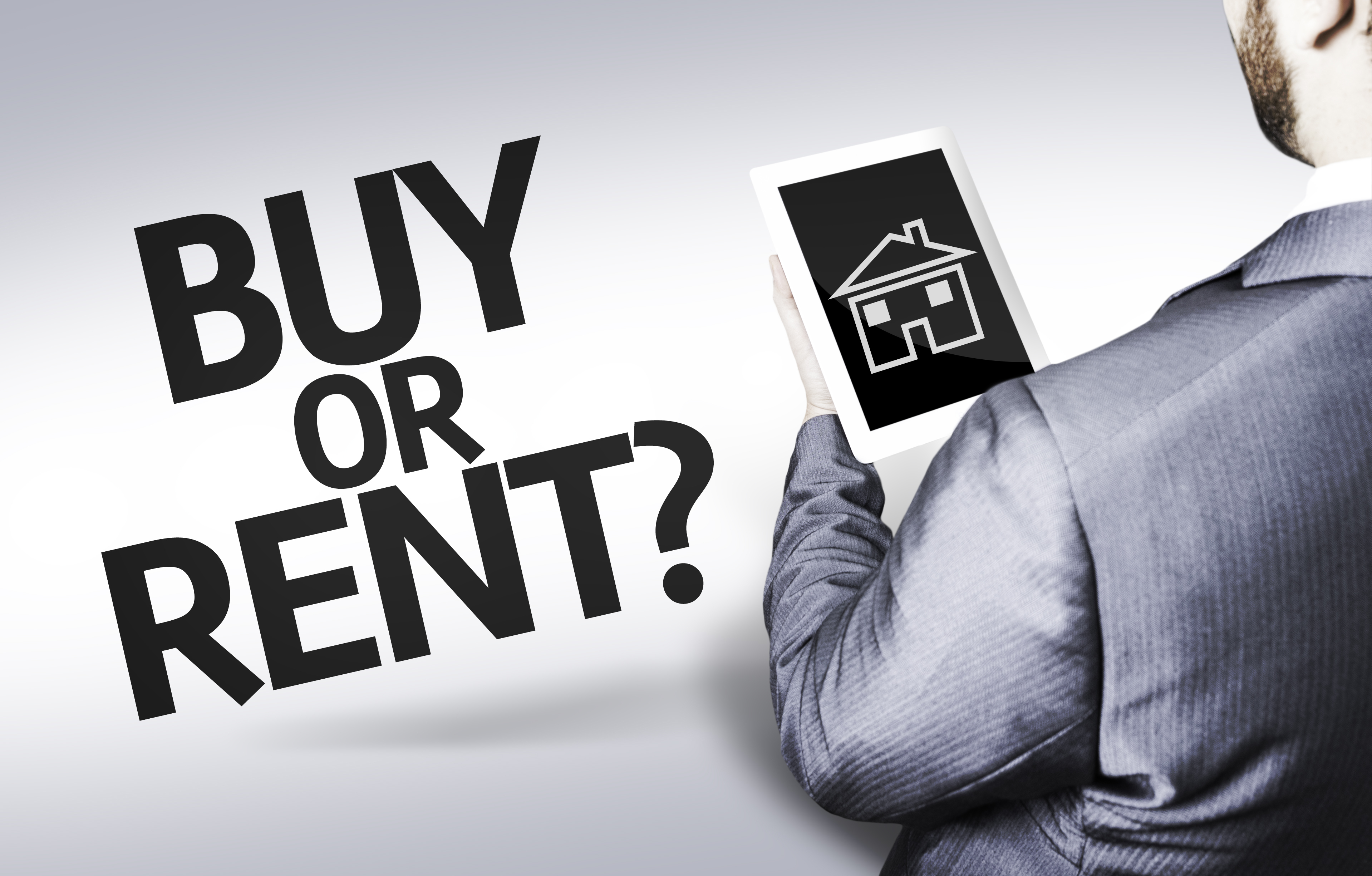Buying vs. Renting: Weigh the Pros and Cons for Your Best Financial Decision
By Renee B. Alvarado
June 23, 2025 at 6:36 PM CDT
Weighing the decision to buy or rent a home is pivotal, impacting your lifestyle and financial health. Explore the advantages and drawbacks of both options to determine what aligns best with your current circumstances and future aspirations. Dive in to make an informed choice!

Deciding whether to buy or rent a home is a significant financial decision, and it can impact your lifestyle and financial health for years to come. Both options have their advantages and disadvantages, and the right choice depends on your personal situation, financial status, and long-term goals. Let's explore the pros and cons of each to help you make an informed decision.
Buying a Home: The Benefits
- Building Equity: One of the most compelling reasons to buy a home is that your monthly payments contribute toward your financial asset. Over time, your property can build equity, serving as an investment that might appreciate in value.
- Stability and Security: Owning your home can provide a sense of stability. Without the fear of rent increases or changing rental leases, you can enjoy a long-term sense of belonging.
- Customization and Freedom: One of the joys of homeownership is the ability to customize your space to fit your style and needs. Whether you want to renovate the kitchen or construct a deck, the decision is entirely yours.
Buying a Home: The Drawbacks
- Initial Costs: The upfront costs of buying a home, such as the down payment, closing costs, and fees, can be substantial. This financial outlay can be a barrier for many hopeful homeowners.
- Maintenance Responsibilities: As a homeowner, you are responsible for all the maintenance and repair tasks of your property, which can be both time-consuming and costly.
- Market Fluctuations: Real estate values can fluctuate, and there’s always a risk that your property value might decrease, affecting your investment.
Renting a Home: The Benefits
- Flexibility: Renting a home offers a greater degree of mobility. If you need to move for work or personal reasons, it’s generally easier to end a lease than to sell a property.
- Predictable Expenses: Renters typically do not have to worry about unexpected repair costs. Many of these responsibilities fall on the landlord, making it easier for renters to predict their monthly expenses.
- Lower Upfront Costs: Renting a home generally involves less upfront cost than buying, as you typically only need to pay a security deposit and the first month's rent, rather than a significant down payment.
Renting a Home: The Drawbacks
- No Equity Buildup: Unlike homeowners, renters do not build equity or ownership interest in their living space, which can be viewed as a disadvantage in terms of long-term financial planning.
- Lack of Personalization: Renters often face restrictions on how they can decorate or modify their space, which can limit their ability to make a rental truly feel like home.
- Potential for Rent Increases: Rent prices can increase over time, sometimes significantly, and renters have little control over these changes.
In conclusion, whether you choose to buy or rent, it is important to consider what makes the most sense for your current lifestyle and future goals. Evaluate your financial situation, your need for stability versus flexibility, and your long-term aspirations. Consulting with a knowledgeable real estate professional like those at Realty Texas can also provide valuable insights and guidance tailored to your individual needs. Whatever your choice, ensuring it's right for you is what matters most.
Comment